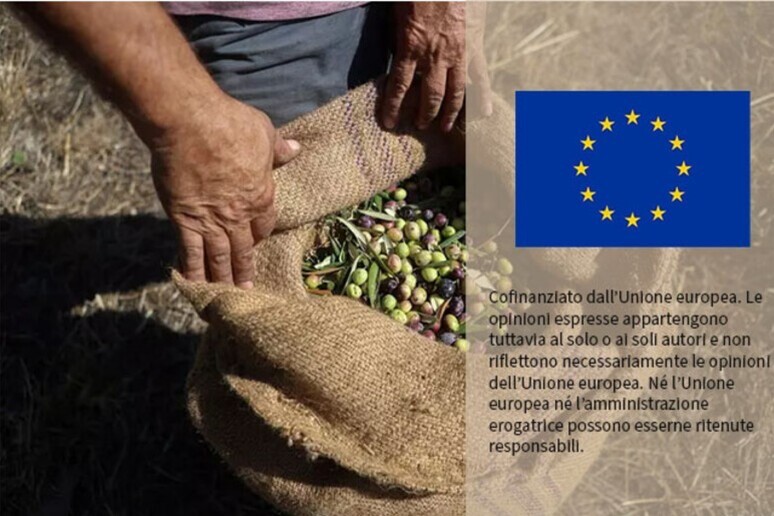The 'tractor' emergency is not yet
behind us and Brussels knows it.
And so it continues to lend a hand to European farmers, before
starting the actual discussions to reform the post-2027 Common
Agricultural Policy (CAP), a proposal on which is expected from
the European Commission by next summer.
A deadline that is close but not too close, which today forces
Brussels 'in the meantime' to raise the ceiling of advances that
Member States can grant to farmers in need of "liquidity".
From 16 October, when the measures will actually be in force, EU
farmers will be able to receive up to 70% of their direct
payments in advance, compared to the current 50%, while advance
payments for interventions based on area and animals under the
rural development fund can be increased up to 85%, instead of
the current 75%.
The Commission said this measure is designed to meet the
liquidity needs of European farmers, which have been aggravated
by the "extreme weather events" that have had an impact on
yields in recent years, as well as high interest rates on
European financial markets and the high prices of agricultural
inputs and raw materials.
Several member states voiced the need for such a move to respond
to these challenges and "provide an economic safety net for EU
farmers"- the European executive explains in a note.
It is an intervention that Italy's Coldiretti welcomes as
"necessary" to support agricultural companies in difficulty due,
in particular, to "continued climate change and the increase in
production costs and with still high bank rates".
In Brussels, the MEPs of the European Parliament's agriculture
committee (Agri), Dario Nardella and Stefano Bonaccini, consider
it a "strong signal" in support of the sector. After having
granted greater flexibility for compliance with environmental
constraints and the reduction of bureaucracy through a mini
reform of the CAP launched in recent months, the increase in the
ceiling on advances of CAP funds announced today is not the only
ceiling that Brussels aims to raise and on which it is working
upon.
In mid-July, the European Commission launched a consultation
with member states to increase the so-called 'de minimis' aid,
the funds that each country can grant to each farm without prior
approval from Brussels, from 25,000 to 37,000 euros.
A spokesperson for the executive confirmed that the Commission
intends to adopt "the amendments to the 'de minimis' regulation
on agriculture as soon as possible, taking into account the
feedback received from member states and interested parties"
that have been ongoing in recent weeks.
Brussels proposes to raise the aid ceiling to 37,000 euros in
three years "to take inflation into account" and to calculate
the maximum amount over a period of three years, instead of
three financial years, as is currently the case.
#IMCAP
Co-funded by the European Union. Views and opinions expressed
are however those of the author(s) only and do not necessarily
reflect those of the European Union. Neither the European Union
nor the granting authority can be held responsible for them.
ALL RIGHTS RESERVED © Copyright ANSA











